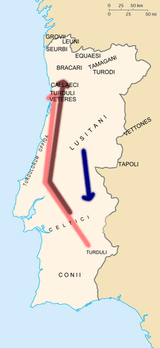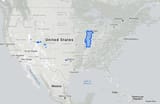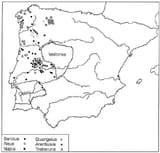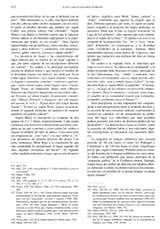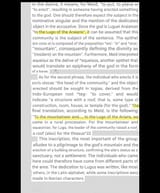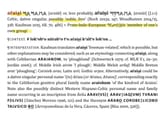>>17948536
Jesus...
Can you guys stop with this theatrics?
Who exactly are you? That loser from the beginning of the thread who accused me of being other people or the one who is so excited to refute people's "refutes" (it didn't happen)? Whoever you are, my final explanation;
It wasn't my "interpretation," since I'm basing it on dictionaries linked from the wiki and the source code. And secondly, if the problem was my post about the meaning of this mythological character's name, that's not only irrelevant to the core of my post, which was basically about how the epithet "Aryan" exists more than we like to imagine in IE languages, seen even in Germanic, similar to what we see in Iranian. If anyone has this issue and says these dictionaries and sources are bad, feel free to provide substantive counterpoints and better revised dictionaries, although I've seen some using dictionaries from the last century, so the mockery wasn't worth much And again;
I've already said it 3 times and this will be the 4th and last: when I said what the name of this mythological figure could mean, I didn't specify in my post that I did not base myself on anything concrete when I wrote that *meaning* itself, it was just a lack of instruction and lack of expression, a mere comment, since the wiki did not offer a concise meaning. beyond this point, whoever has a problem with my argument itself and the etymologies presented, feel free to counterargue beyond mockery and faux comments, whoever made it, whether you are the ones who made it. thank you
